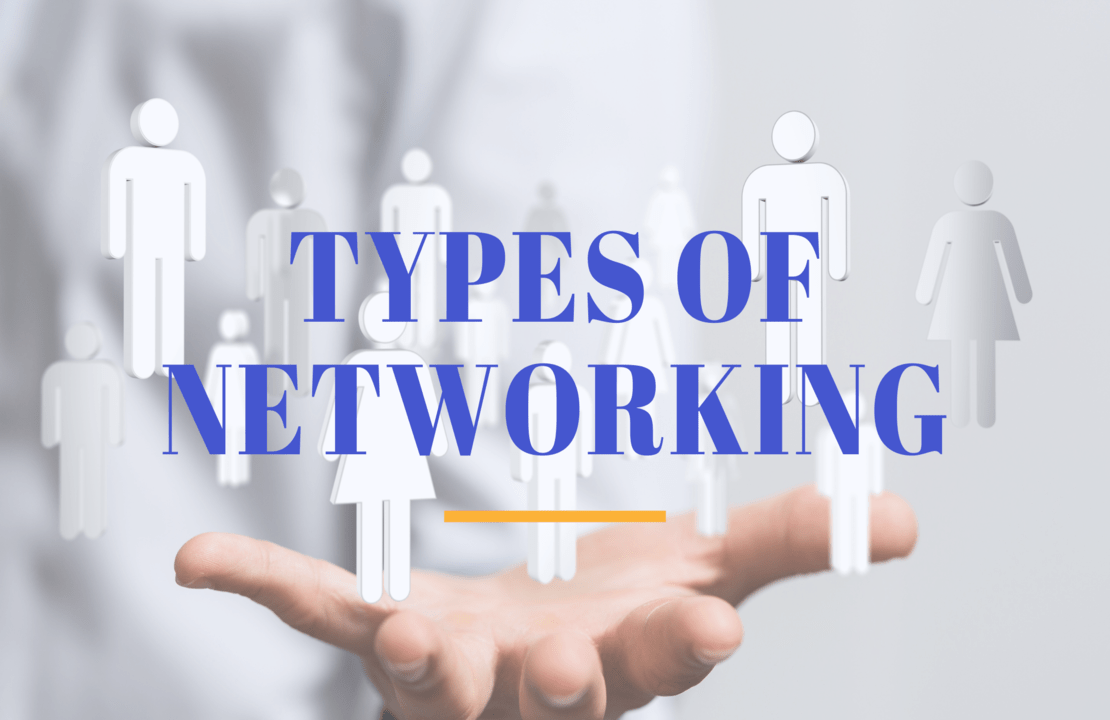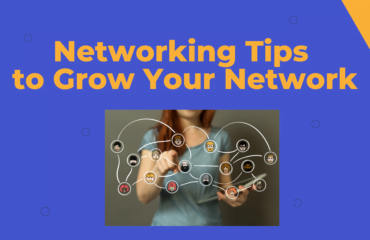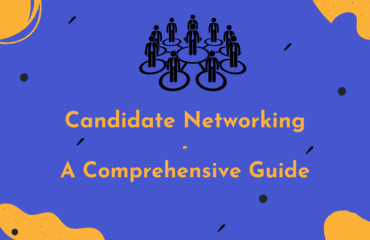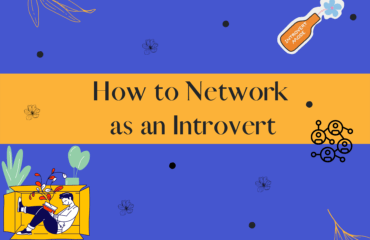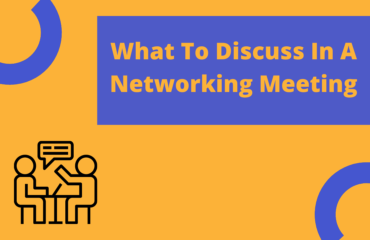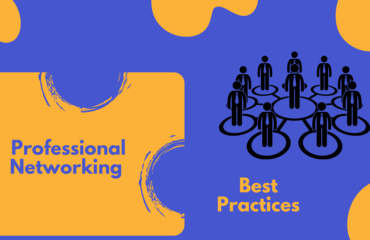Table of Contents
According to research, 79% of professionals believe networking is great for career advancement. However, while networking is crucial, what really matters to reap its benefits is the kind of people you network with. In this article, we share key networking opportunities you could choose from, based on your preferences and target audience. The three broad categories are:
1. Operational Networking
The purpose of operational networking is to look for your next opportunity, by building relationships with people directly related to your job search. This includes connecting with professionals who work for your target employers, such as hiring managers, senior professionals, and HR employees involved in hiring decisions.
Another important category of professionals you can network with is your former colleagues. They can connect you with your next job opportunity through their own extensive network. In fact, referral hires are considered to be of high quality by employers. As a job-seeker, this would mean employers might prefer you over other equally qualified candidates if you are referred by someone they trust.
2. Personal Networking
When looking for a job, professionals mostly turn to their professional connections and forget the power of their personal network. Your personal network consists of family, friends, social groups such as clubs and communities, alumni, and social media connections. Personal networking is about leveraging your personal network to land your next role.
The effort required in personal networking is comparatively less than that in operational networking. Since you already have established rapport with these people, they are more likely to trust and support you down the road. In most cases, all you have to do is to inform them that you are looking for a new job position and they can shortly let you know if they are aware of relevant opportunities.
3. Strategic Networking
Strategic networking is long-term oriented. The goal is not to get a job within the next few months, but to establish a strong network that could potentially support you in the future. The people you connect with may not necessarily have any mutual connections with you or even be from your target company or industry. You can target industry experts, thought leaders, recruiters, career consultants/ advisors, etc. Such professionals could contribute to your career planning and become part of your success.
While the above categorization accounts for all types of professional networking for candidates, each of these types can either be online or offline. But what are their key differences? Let’s discuss this in detail in the section below:
4. Online Networking
Connecting and building relationships with professionals online is widely known as online networking. LinkedIn is one of the biggest platforms to network virtually, with more than 700 million users worldwide. Some other similar platforms are MyOpportunity, Xing, and Meetup. Online events also provide a great opportunity for networking. Websites like Eventbrite and Eventzilla are good sources to find relevant events based on your career goal and target audience.
Online networking is much more common than offline networking nowadays. It is a convenient option because it is faster, easier, and can be done from any part of the world. However, it lacks a personal touch and is often competitive. People find it relatively easy to just drop a message on LinkedIn to a professional. Hence, if you want to make a good impression, you need to stand out with a personalized message and strong communication skills.
5. Offline Networking
The second category is offline networking, which as the name suggests, is the networking that takes place in person. Offline networking can be more challenging than online networking, as it requires more effort and time. Since networking online is easier these days, people do not prefer to engage with offline methods, but if done effectively, it can fetch great results. Some of the common offline networking methods are:
- Professional events by organizations like Chartered Institute of Personnel Development (CIPD), Financial Conduct Authority (FCA), and Society for Human Resource Management (SHRM)
- Alumni associations
- Events by social clubs and committees
Networking has proved to be a valuable resource in the job search process. The key to successful networking is connecting with the right people, and using the right methods. Remember that your purpose should determine both your target audience and networking methods.
If you are looking for a new role and are finding it difficult to network with the right people, connect with our experts to guide you through the process and help you land your dream role.
